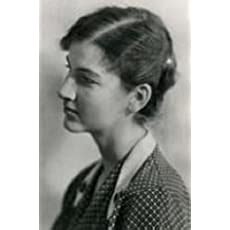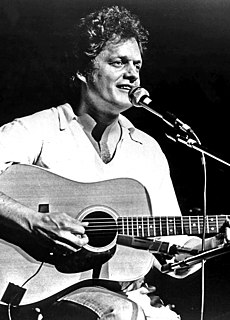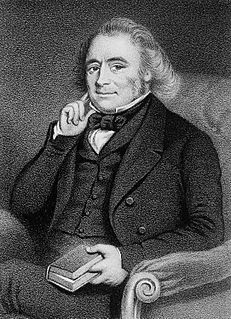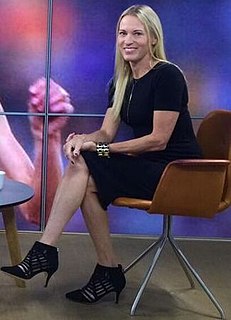A Quote by Josephine Winslow Johnson
Old people who live too long come to resemble turtles. As though time turned in a curve, and down they go to the reptiles again. Not the little wet naked frog they were born. But the tortoise. Cold eyes, sagging circles of skin, the nose becomes beak. The shell of sleep.
Related Quotes
Time says hush: by the gong of time you live. Listen and you hear time saying you were silent long before you came to life and you will again be silent long after you leave it, why not be a little silent now? Hush yourself, noisy little man. Time hushes all: the gong of time rang for you to come out of the hush and you were born. The gong of time will ring for you to go back to the same hush you came from. Winners and losers, the weak and the strong, those who say little and try to say it well, and those who babble and prattle their lives away, time hushes all.
There is truth in little corners of our lives. There are hints of it in songs and children's eyes. It's familiar, like an ancient lullaby; What do I live for? If we've eyes to see... If we've ears to hear... To find it in our hearts and mouths the word that saves is near. Shed that shallow skin... Come and live again... Leave all you were before... To believe is to begin.
Stephen Hawking's A Brief History of Time tells the story of a cosmologist whose speech is interrupted by a little old lady who informs him that the universe rests on the back of a turtle. Ah, yes, madame, the scientist replies, but what does the turtle rest on? The old lady shoots back: You can't trick me, young man. It's nothing but turtles, turtles, turtles, all the way down.
Until we find out who was born this time around, it seems irrelevant to seek earlier identities. I have heard many people speak of who they believe they were in previous incarnations, but they seem to have very little idea of who they are in this one. . . . Let’s take one life at a time. Perhaps the best way to do that is to live as though there were no afterlife or reincarnation. To live as though this moment was all that was allotted. (132)
I understand that there are thick, dark circles under my eyes. I have grown to appreciate them. I have noticed that my nose grows a little hookier on a near-monthly basis. That's fine. I know there are wrinkles ready to stake their claim as full time residents on my forehead any moment now. My dad has those, too, and I find that endearing.
When, on the still cold nights, he pointed his nose at a star and howled long and wolf-like, it was his ancestors, dead and dust, pointing nose at star and howling down through the centuries and through him. And his cadences were their cadences, the cadences which voiced their woe and what to them was the meaning of the stillness, and the cold, and dark.
Strip back the beliefs pasted on by governesses, schools, and states, you find indelible truths at one's core. Rome'll decline and fall again, Cortés'll lay Tenochtitlán to waste again, and later, Ewing will sail again, Adrian'll be blown to pieces again, you and I'll sleep under the Corsican stars again, I'll come to Bruges again, fall in and out of love with Eva again, you'll read this letter again, the sun'll grow cold again. Nietzsche's gramophone record. When it ends, the Old One plays it again, for an eternity of eternities.
Long time a child, and still a child, when years Had painted manhood on my cheek, was I; For yet I lived like one not born to die; A thriftless prodigal of smiles and tears— No hope I needed, and I knew no fears. But sleep, though sweet, is only sleep—and waking, I waked to sleep no more; at once o'ertaking The vanguard of my age, with all arrears Of duty on my back. Nor child, nor man, Nor youth, nor sage, I find my head is gray, For I have lost the race I never ran. A rathe December blights my lagging May: And still I am a child, though I be old Time is my debtor for my days untold.
He was tall, thin, and very old, judging by the silver of his hair and beard, which were both long enough to tuck into his belt. He was wearing long robes, a purple cloak that swept the ground, and high-heeled, buckled boots. His blue eyes were light, bright, and sparkling behind half-moon spectacles and his nose was very long and crooked, as though it had been broken at least twice. This man's name was Albus Dumbledore.
So Zeno is most famous for his tortoise paradox. Let us imagine that you are in a race with a tortoise. The tortoise has a ten-yard head start. In the time it takes you to run that ten yards, the tortoise has moved one yard. And then in the time it takes you to make up that distance, the tortoise goes a bit farther, and so on forever. You are faster than the tortoise but you can never catch him; you can only decrease his lead.







































